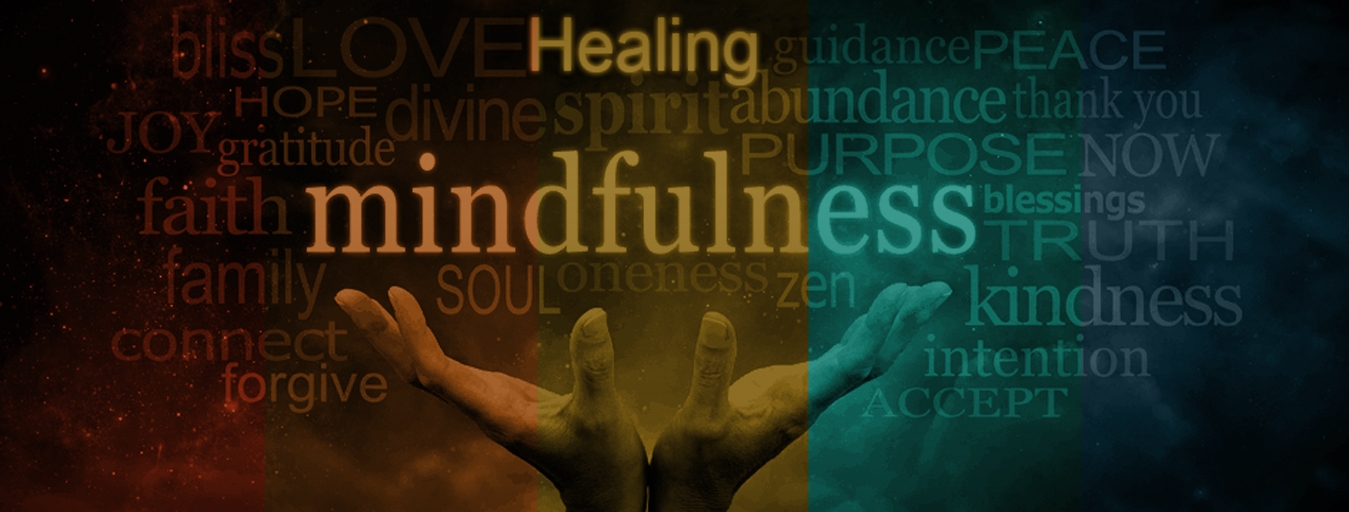The Healing Aspects of Mindfulness Coaching
Author: Team xMonks | Published on: Wed, 06 Jan 2021 06:02:36 +0000

“Mindfulness isn’t difficult, we just need to remember to do it.”
-Sharon Salzberg
Living in the present moment is transformational. But, what work does the brain do to learn mindfulness?
Scientists still don't fully understand what happens in the brain when we practice mindfulness or meditation. If we don't take a break and allow ourselves to pause, stress naturally weighs heavier. Stress increases heart rate and blood pressure, releases stress hormones like adrenaline and cortisol, weakens immunity, and decreases fertility. On the other hand, relaxation is associated with higher levels of happy chemicals like serotonin and the growth hormone, which repairs tissue and cells. Mindfulness helps us achieve this state of relaxation. Relaxation has almost the opposite effect on our body than stress. Once you remember to be mindful, you'll experience health benefits like a decreased heart rate, improved immunity, and a healthier body.
Our understanding of the brain is only the tip of the iceberg because we still have so much to learn. There are hundreds of trillions of neurons in the human brain that help brain cells interact with each other. There are between 80 and 100 billion neurons in the brain, which help create these connections.
Mindfulness is not a product of these synapses, it's a process. A process to be aware of your cognitive activity.Hardships are a part of everyone's life. We wouldn't be where we are without them. Hardships make us learn things long before we understand them, before we know how to process and channel them. As we grow, we may believe we've forgotten about them, but the truth is they're still there. The memories and induced trauma are there, reflected in the way we function.
A mindfulness coach can guide you to break free from old ways of functioning and processing. They expand your horizons and help you heal, creating a healthier you for both brain and body.
Health Mindfulness Coaching
Let's take an example of a child who grew up in an environment where their demands weren't met with sufficient guidance. They learned that the only way to get things done was by exchanging favors. Imagine that child is now a grown-up. This man is going to be a people pleaser, always worried about upsetting others rather than respecting his own boundaries.
Will such a person ever become an effective and assertive leader?
Most certainly not. This is how trauma or deteriorating childhood habits can become part of our daily behavior, and we may never even realize it. This is where a coach is needed.
Mindfulness skills and understanding are particularly effective for both emotional well-being and endurance. Coaches provide clients with a dual-focused approach at Coaching the Brain; using meditation strategies and knowledge of mindfulness to provide a 'rapid response' tool in times of need (sadness, stress, worry, frustration, etc.) and to help improve their ability to avoid being swept up and consumed by such emotions in the first place.
Health Mindfulness Coaching helps individuals make improvements in behavior to enhance their health and well-being. Its patient-centered and inspiring approach is attracting national attention. It is designed to help a person define their priorities or aspirations, understand where they are in a process of change, recognize their strengths and assets, and decide what tools and support are required to achieve optimal well-being.
Mindfulness Coaching is There to Heal You, Not to Fix You
Our emotional health isn't a problem that needs to be fixed. In modern life, there's always a rush to find easy fixes.
Our first instinct when faced with a difficult moment is to try to alter it as we experience it or manipulate it into something else. If that doesn't work, we try to deny the moment by covering it with something else.
For emotional healing, it's essential to accept all the feelings you have. A strong and calming approach is to first recognize your feelings and even respect them before rushing to 'fix' or change them. Slowly turn towards them and accept them for what they are. They are part of your life's special and rich personal tapestry. All of our emotions serve a reason, even those that feel difficult and unwanted.
Emotions provide depth to our lives. Depth to perceive reactions and relate them to a trigger cause. One of the abilities of applying this approach to mindfulness is to be able to 'be with' your thoughts as they are in that moment. To understand them, to put them in perspective, and to realize that even from such highly charged emotions, there can be important personal development. However, without being overtaken, hijacked, and overwhelmed by the emotions but to derive strength from them.
Acceptance can be accomplished through meditation and mindfulness skills. Once you learn to accept, you allow yourself to make life fuller and more centered, even in moments of emotional difficulties!
Whether you are a coach or a coachee; always remember you are getting healed not fixed.
The trick is to accept the emotion, not to become the emotion. It is quick and easy to learn meditation methods. One of the many advantages of becoming aware is the freedom to 'step out' of what is considered an emotional cage. At times of stress, concern, fear, and highly heavy emotions, we are literally taken away by a part of our brain that takes the driving seat.
Healing meditation strategies and knowledge of mindfulness allow us to 'get out of' the emotional cage. Once a coach helps you understand, you learn to take over the driving seat and reach a state of equilibrium, calm, and clarity. The bigger fraction of mindfulness emotional coaching is dedicated to meditation techniques. We will talk about it later.
If you are curious about other ways in which the mind can be tamed to make a better living and personality, reach out to one of our team members about Coaching the Brain.




.png)